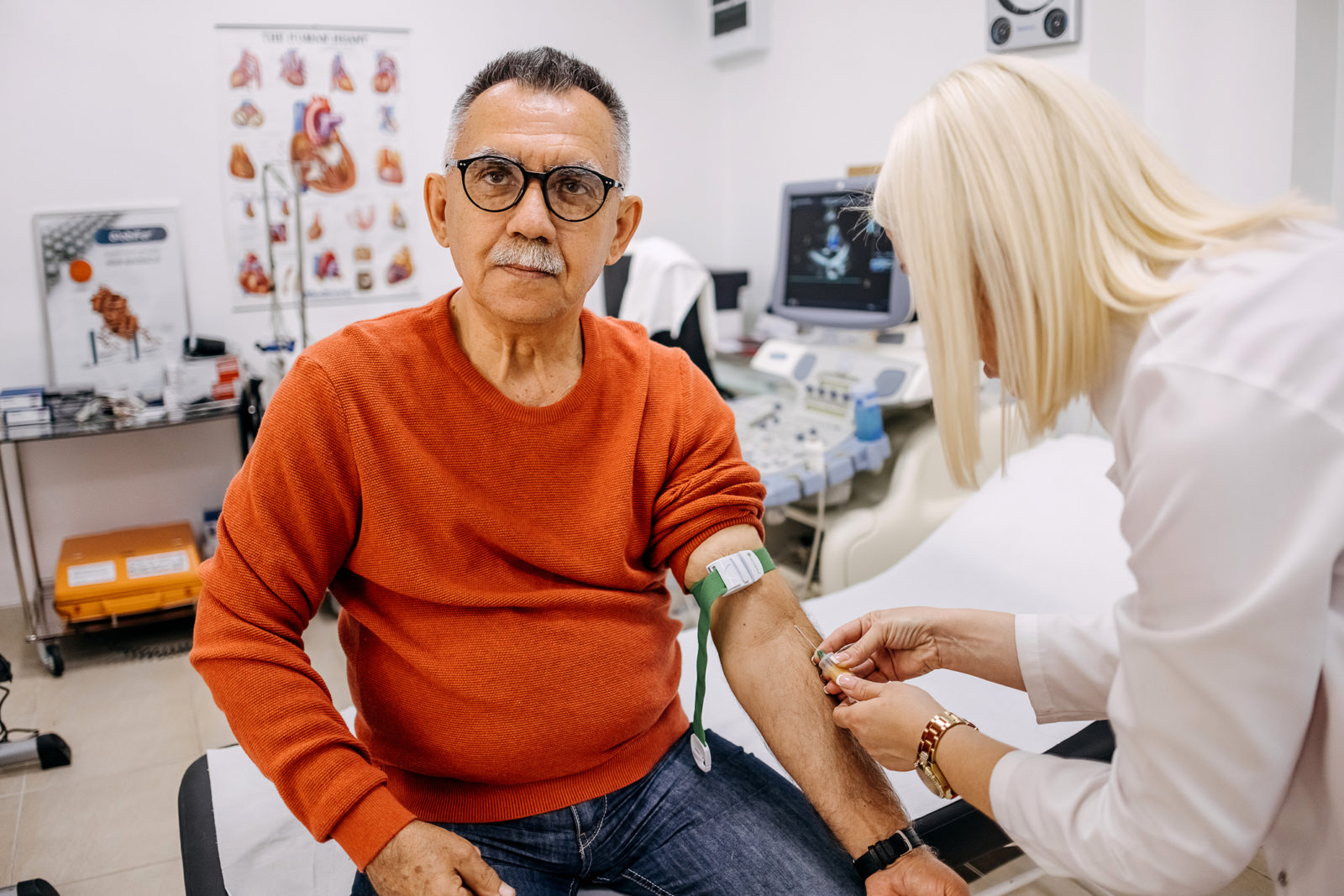Donate Blood All Year Round

The end of January brings the end of National Blood Donor Month, but the truth is that blood donations are needed year-round. Every two seconds, someone needs blood. The U.S. is in the midst of the worst blood shortage in decades . Recently, the FDA proposed easing some current restrictions on who can give blood, which could expand the number of potential donors.
In addition to potentially saving another person’s life, donors also get extra health benefits by giving blood.
A free health check-up. Before donating, the donation center staff will check your temperature, blood pressure, cholesterol, iron, pulse and hemoglobin . Sometimes, this pre-examination identifies a possible medical condition or infectious disease. Dr. Robert DeSimone, director of transfusion medicine at Weill Cornell Medicine, explains, “By going to donate blood, you are getting a mini-physical. If we detect an issue with your vital signs or another health issue, we would direct you to go to a physician at that point to be checked.” Plus, it may reveal that you have a rare blood type, which will be helpful to know if you ever need a transfusion.
A healthier heart. Did you know that regular blood donation is linked to lower blood pressure as well as a reduced risk for heart attack? Blood viscosity (which occurs if the hemoglobin is too high) is associated with blood clots, heart attacks, and stroke; blood donation helps to decrease hemoglobin and can prevent viscosity. Additionally, there are some healthy people who produce too much blood. This condition, called hereditary hemochromatosis, can cause too much iron to build up in the blood. Donating can help relieve the condition.
A really free snack. Perhaps you like getting free juice and cookies after giving blood. Well, enjoy them: They are calorie-free! It takes about 500 calories for your body to replace the donated blood, so the treats afterwards have zero impact on calorie intake.
A better life. By giving blood, you are doing something good for others. Research has shown that altruism, or selflessness, is associated with better health, increasing lifespan, improving mental health, and boosting well-being. Dr. Sarah Vossoughi, Transfusion Medicine associate director at Columbia University Irving Medical Center, notes, “People who do these types of things and engage in their community in this way tend to have better health and longer lives.”
If you are going to give, here are a few tips to do the day of:
- Drink two full glass of water beforehand.
- Eat a healthy meal; stay away from fatty foods.
- Wear a short-sleeve shirt.
- Bring music or something relaxing to do while you donate.
Giving blood is great for you, great for others, and great for the community.
Sources: NPR; HealthMatters; Red Cross.
![Charlesgate [logo]](https://www.charlesgate.net/wp-content/uploads/sites/218/2016/12/logo-new.png)